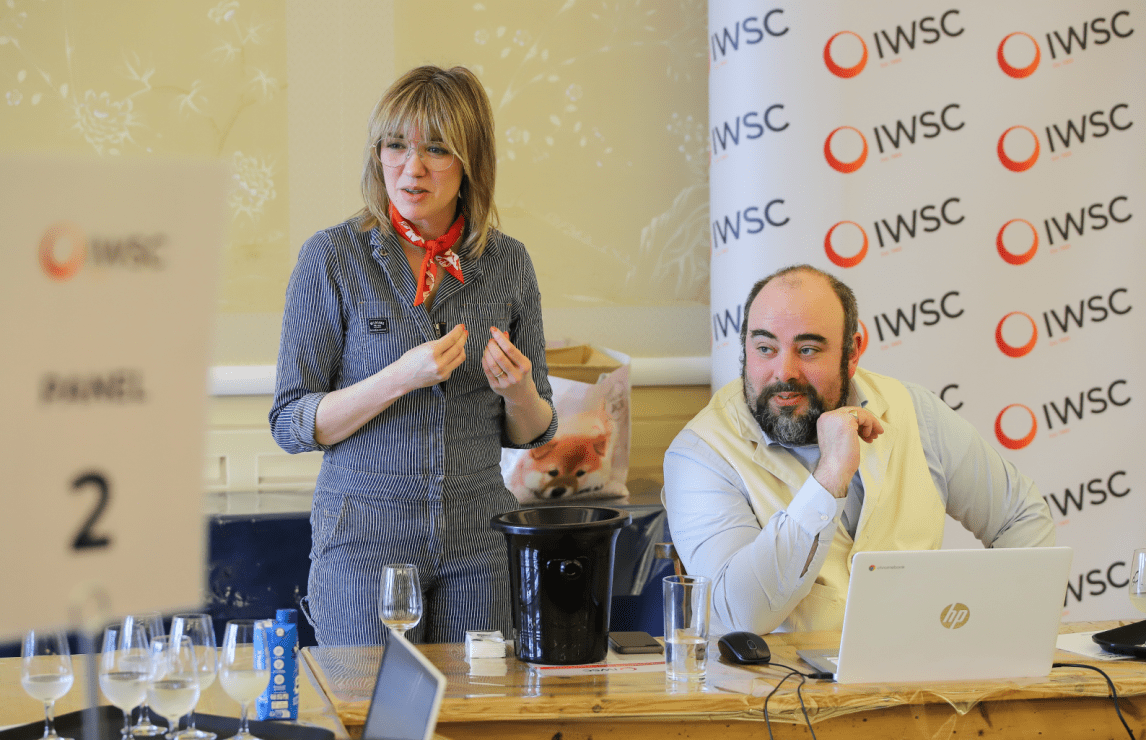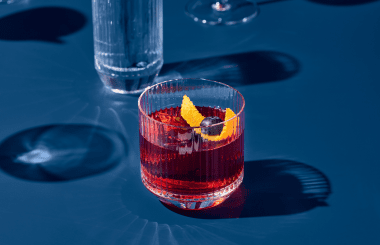IWSC 2024 Alternative Drinks Judging: Judges’ deliberations on Vermouth
Vermouth is an exciting category at the IWSC, with the number and quality of entries growing year on year. The 2024 judging once again showcased the high standard that can be achieved within the category, with hardly any vermouth entries left unawarded.
“Really dynamic range of vermouths shown today, a lot of golds which is great to see. The gold winners were so elegant! In addition to what you are thinking about when it comes to good vermouth, with the aromatisation and the botanical blends, the best we saw today were starting with very beautifully well-made wine as the base and that makes a world of difference,” shared Shannon Tebay, the IWSC Judging Committee member who oversaw Vermouth tasting.
White dry vermouths showed consistent quality with a variety of styles, from fresh to oxidised, and different sweetness levels on show. One of the gold-winning white dry vermouths impressed our judges with its “stone fruits and a hint of vanilla on the nose which reflects on the finish with a lovely ripe fruity, bitter-sweet finish”.
The red dry category showed some great quality with several gold and silver medals awarded. “Better balance, evidence of higher quality base wines and excellent harmony and integration of the elements were on show,” shared the judges.
The absolute standout of the day was a red extra dry vermouth that scored as high as 98 points and earned a gold. The judges described it as “medicinal and barky on the nose, with blackcurrant squash and garden herbs aromas and a nice balance of bitter and sweet”.
The white sweet category was also consistent, with quite a wide range of flavour profiles and different sweetness levels. Many medals were awarded to white sweet vermouths, with one standout entry admired for its “delicate and floral on the nose, spring blossom, and lemonade, elegant and bright, oozing elderflower and green sappy notes on the finish”.
Red sweet vermouths performed well overall, with some clean and precise examples getting golds. One of the gold winners displayed “classic herbal notes and a powerful palate of bitter herbs, with good balance and a long finish”. The judges noted that “some of the oxidised styles needed more herbal elements to go from silver to gold”.
Overall, the classical vermouths did well, highlighted the judges. “The gold winners had tremendous balance, a beautiful narrative arch, lots of flavour, and were very versatile. These vermouths would be great on their own, but also can be mixed with tonic, or used for cocktails. All very refined and austere,” shared Shannon Tebay.
The medal results for Vermouth category will be announced on 29 May.



